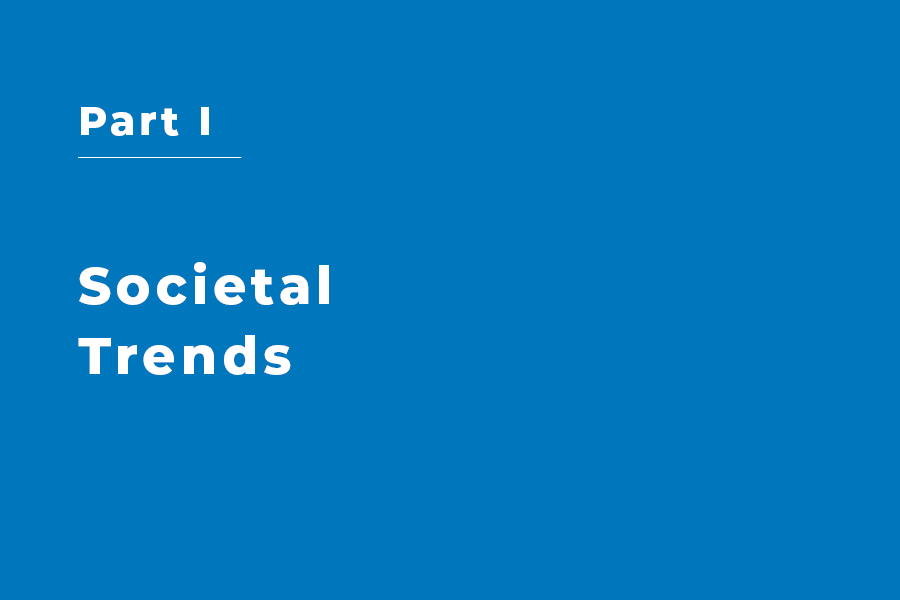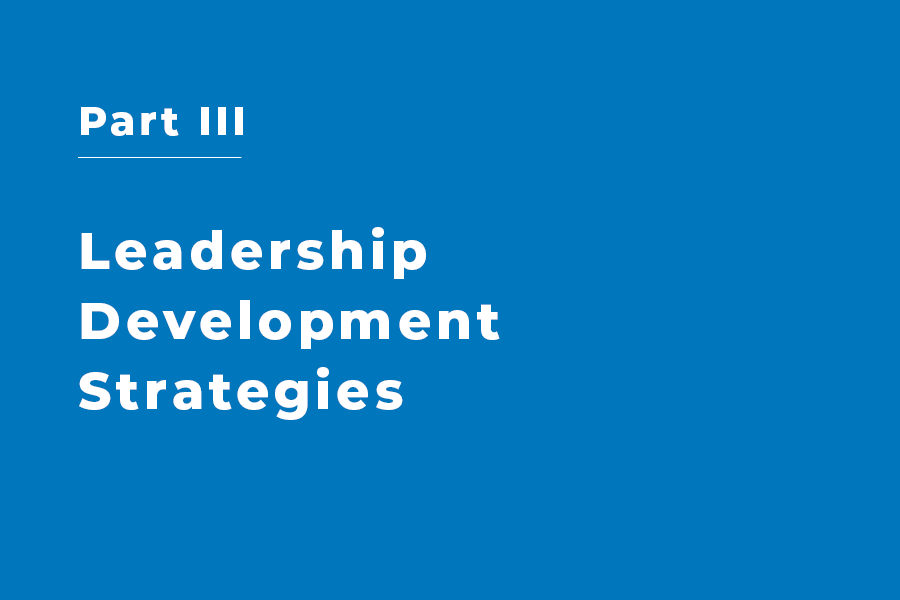Part II. How companies are responding to societal trends
Expert sustainability strategists can point to many changes they are experiencing within their own companies. Here are five changes that are directly impacting their jobs. There are short-term challenges in each of these changes, but each is also opening a pathway for these strategists to have greater influence and produce more value for their companies.
1. Corporate purpose is being redefined in line with sustainability goals.
Since the 1970’s, maximizing value for shareholders has served as the underlying purpose of many corporations. Over the past few years, shareholder primacy has been losing its iron grip as the public – and corporate executives – began to understand how deleterious the impact of this concept was not only for other stakeholders but for the long-term success of the firm. The Business Roundtable (BRT) announcement in August, signed by nearly 200 influential U.S. CEOs, provided clear evidence of this shift. The new statement of purpose from the BRT affirmed that businesses have a fundamental commitment to serve all stakeholders – customers, employees, communities and shareholders.
Many companies now are saying it was easy to sign onto this new purpose statement because they are ALREADY meeting the needs of stakeholders beyond those who own shares in the company. Of course, that is true – to an extent. Any company that doesn’t care about its impact on its customers and its employees isn’t going to be in business for long. However, the sustainability professionals know just how far their company needs to go to manifest that commitment fully. Moreover, they understand the complexities of balancing competing objectives amongst stakeholders and setting long-term goals while attending to short-term needs. They have an oversized responsibility (and ability) for helping their companies realize their commitments and to work with colleagues throughout the business to take ownership for implementation.
“We bring specific analytical capabilities, strategic foresight, the ability to interpret wicked problems and translate them into business language. We work with the business to redefine problems as opportunities, but ultimate responsibility for turning rhetoric into reality at scale must rest with the business units.” Michael Fürst,
Head of Social Innovation and Strategy, Novartis
2. Everyone wants to get in the sustainability game.
Interest within companies on sustainability and a range of social and environmental issues is now widespread. Many executives are being asked to be spokespersons for sustainability in public forums and are eager to step into these opportunities. They may be looking for a “crash course” before speaking on a panel – or they may dive into projects or speaking opportunities with limited preparation.
The engagement of so many colleagues in the sustainability space who are not well versed in the complexities of the issues can present coordination and communication challenges. However, there may be clear benefits for sustainability professionals. Expanded interest may mean that more resources could be made available for this work – to achieve greater impact.
Also, if companies commit to developing greater sustainability expertise across the company, they will need to build robust knowledge and skills development programs for employees at various levels. Human resources will be responsible for this effort, but sustainability professionals can be critical partners in development and, possibly, delivery of the content. Their involvement in this effort can increase their visibility and perhaps bolster their standing.
“My job is to help create sustainability expertise across the business, to enable others to make good decisions and speak with confidence about sustainability.” David Clark, VP Sustainability, Amcor Ltd.
3. In many companies, sustainability is moving to the core of business.
“At last!” some sustainability strategists are exclaiming. They have been arguing for this integration for a long time. For years, sustainability experts were outside the mainstream in many companies. These strategists are now being pulled into discussions on strategy, innovation, business development and investor relations. That’s good news for those with deep expertise to share.
“Our work is the Company’s work – philanthropy and social responsibility are no longer separate from the role of the business. Our work, in partnership with our businesses, will help shape the future for our Company.” Lauren Moore, VP Global Community Impact, Johnson & Johnson.
The transition, however, presents challenges for all. Although sustainability strategists now have the opportunity to take on new responsibilities, they continue to be responsible for everything their job encompassed before – compliance, disclosure, measuring impact, goal setting, etc. Moreover, to become value generators, they will need to develop a much deeper understanding of many aspects of the business. Outside the sustainability team, to achieve the desired integration, employees across the company will need to gain more sophisticated understanding of what sustainability means to the company and how it impacts their responsibilities.
“My role is to build strategies to move us from transactional subject matter expertise into transformational change that is embraced by all of our employees.” Kim Dabbs, Global Director, Social Innovation, Steelcase
4. The sustainability function is becoming an innovation hub.
While companies still need to do better at identifying and managing the Environmental, Social and Governance (ESG) risks they face, leading companies are also looking for the opportunities that exist in the ESG space. They are trying to get ahead of the competition by designing new products, services, business models and business practices that link business success and positive social and environmental impact. The need for a merger of sustainability and innovation extends to the finance function as companies begin to issue green bonds, social bonds and sustainability bonds which require input from sustainability experts.
One outcome of this shift to a focus on innovation is increased fluidity between the sustainability group and other departments. Sustainability strategists are being seconded to other departments to share expertise. Likewise, sustainability departments are adding other staff members – like product designers, PR experts, engineers – to their teams. There will be new opportunities for job swaps, secondments for periods of time or specific projects, permanent hires. Sustainability experts will also be hosting or participating in hackathons, innovation labs, competitions, and design sessions.
“Internalizing megatrends allowed us to see opportunities within climate change – not just the risks.” Scott Tew, Executive Director, Center for Energy Efficiency and Sustainability, Trane Technologies
5. Massive digital transformations are triggering concerns about social impacts.
Organizational change has always had implications for employees. Downsizing. Outsourcing. Corporate restructurings. Managing those implications historically has fallen to the human resources team. The changes wrought by digitalization are of an entirely different scale. Companies are now spending trillions of dollars annually to transform companies and make them competitive for the future. As Satya Nadella, CEO of Microsoft, writes in Hit Refresh, “Mixed reality, artificial intelligence, and quantum computing are going to be game changers, creating new economic surplus, but also disrupting the workforce, eliminating routine jobs we take for granted today.”
Human resource professionals will continue to play a key role in helping employees adapt and prepare, but sustainability professionals are also getting involved in multiple ways. For example, some are working across industries in to implement community-based programs to build a diverse pipeline of tech savvy talent, particularly among underserved populations. As a result of increased expectations for companies to disclose human capital statistics, they are studying how upskilling and retraining programs are being deployed across the company. Also, in the rapid digitalization shifts, they may find that they are the ones raising difficult questions about possible biases in algorithms or raising alarms about data usage and privacy.
In the last couple months, the pandemic has also laid bare the dire implications of a massive digital divide. The success of digitalization will depend, at least in part, on ensuring that customers, employees, and community members have internet access and are tech savvy.



